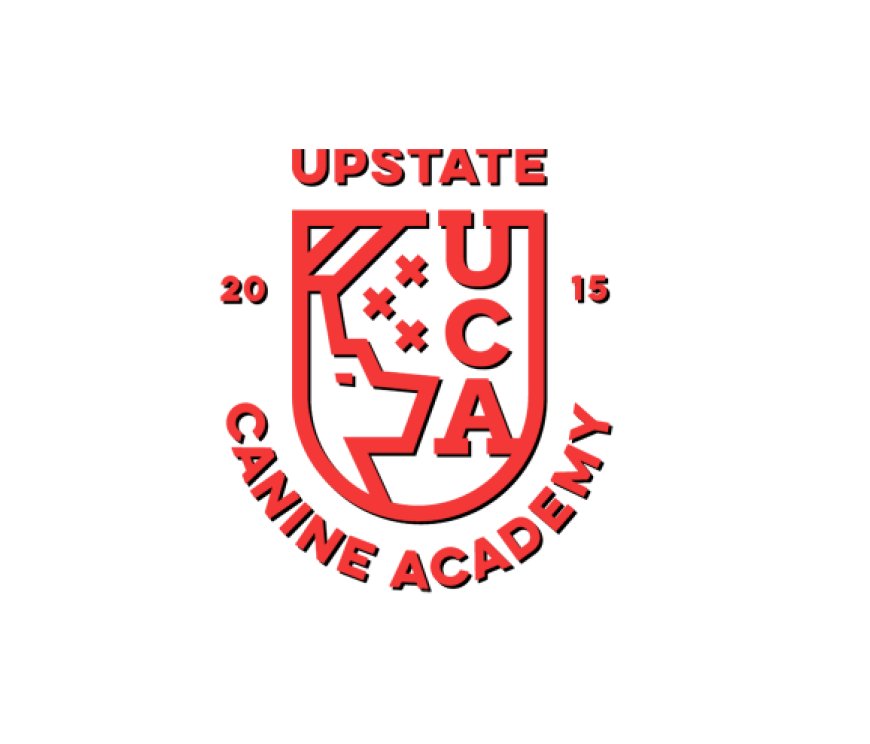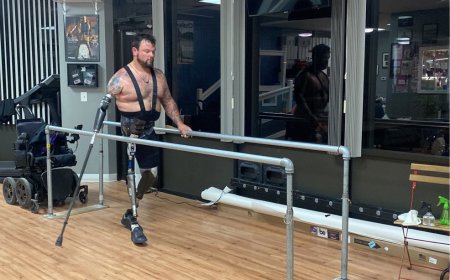How to Train a Puppy: The First 8 Weeks Made Easy
Learn basic puppy training in the first 8 weeks with expert tips from Upstate Canine Academy. Start building good habits early!

Bringing home a new puppy is pure joybut it also comes with plenty of questions. At Upstate Canine Academy, we know how important basic puppy training is during the first 8 weeks. This is the foundation for a well-behaved, confident, and happy dog.
Here's how to make those early weeks countwithout feeling overwhelmed.

Week 12: Setting the Foundation
The moment your puppy arrives, training beginseven if you dont realize it.
Key Goals:
- Establish a consistent feeding and potty schedule.
- Introduce the crate as a safe, cozy space.
- Begin using your puppys name and a marker word like Yes or Good.
Pro Tip: Take your pup outside every 2 hours, especially after naps and meals. This jump starts potty training and helps avoid accidents.
Week 34: Focus on Socialization and Trust
During this critical period of development, your puppy is like a sponge. Expose them gently to the world around them.
What to do:
- Introduce new sights, sounds, and surfaces (like grass, tile, carpet).
- Meet friendly people and other healthy, vaccinated dogs.
- Begin handling exercisestouch paws, ears, and mouth regularly to prepare for vet visits and grooming.
Training Tip: Keep socialization positive and never force interactions. Reward calm behavior with treats or praise.
Week 56: Start Basic Commands
Nows the perfect time to begin teaching essential commands using reward-based methods.
Focus on:
- Sit
- Down
- Come
- Leave it
Use treats and short sessions (510 minutes). Puppies have short attention spans, so keep it fun and upbeat.
Common Mistake: Dont repeat commands multiple times. Say it once, wait, and reward correct behavior.
Week 78: Build Confidence and Control
At this stage, your puppy should be more comfortable and responsive. Start working on leash introduction, gentle distractions, and self-control.
Activities to include:
- Loose-leash walking practice in a quiet area.
- Encourage calm behavior before meals or play.
- Start short crate stays while youre in another room.
At Upstate Canine Academy, we teach that consistency is key. Puppies thrive when they know whats expected. For More Details visit our YouTube Channel.
Final Thoughts: Progress Over Perfection
Training a puppy is never about being perfectit's about building trust and setting realistic goals. Every puppy is different, so dont rush the process. Celebrate the small wins: fewer accidents, better focus, quicker responses.
Need help with your new pup? Upstate Canine Academy offers expert-led basic puppy training programs designed for first-time owners. From in-person sessions to online guides, were here to make puppy hood stress-freefor both of you.
Start strong. Train smart. Build the bond.










































